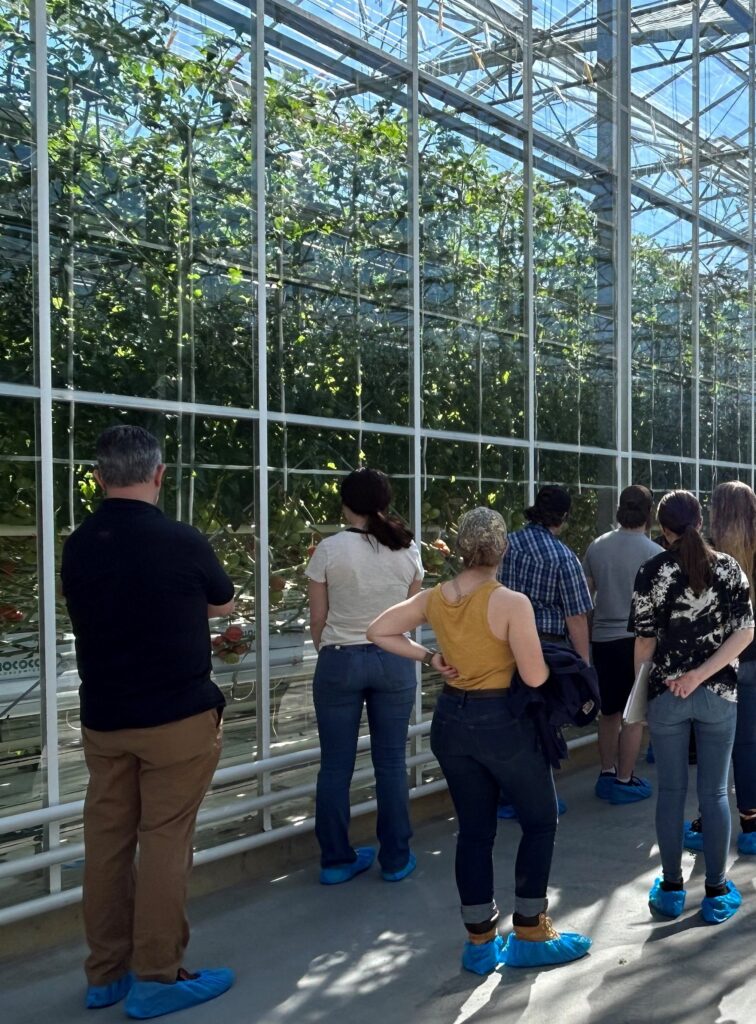Key Takeaways
- NSF Grant Awarded: Virginia Western Community College received a $343,209 grant from the National Science Foundation (NSF) to support a project focused on training agricultural technicians.
- Focus on Controlled Environment Agriculture: The project integrates mechatronics with agriculture, targeting skills needed for controlled environment agriculture (CEA).
- Industry Collaboration: The project involves input from a Business and Industry Leadership Team (BILT) that includes key industry and state leaders.
- Course Development: The grant will fund the creation of new courses and equipment to support advanced agricultural techniques like hydroponics.
- Diversity and Outreach: The initiative aims to increase gender diversity in related programs and engage K-12 students.
NSF Grant Supports New Educational Initiative
Virginia Western Community College has secured a $343,209 grant from the National Science Foundation (NSF) under the Advanced Technological Education (ATE) program. The three-year grant will fund the college’s project titled “Cross-Pollination Skillsets: Growing Mechatronics and Agricultural Collaborations for Producing Skilled Agricultural Technicians.” This initiative improves technician education by combining mechatronics with agricultural studies, specifically targeting controlled environment agriculture (CEA).
Leadership and Project Goals
Dr. David Berry, head of the Mechatronics Program, and Dr. Mallory White, head of the Agriculture Program, spearhead the project. They aim to prepare students for emerging roles in Virginia’s agricultural workforce, aligning with state priorities in developing business opportunities through Controlled Environment Agriculture.
Collaboration with Industry Leaders
A critical component of the project is the collaboration with the Business and Industry Leadership Team (BILT), which includes representatives from various sectors such as Virginia Secretary of Agriculture Matthew Lohr and industry leaders from Red Sun Farms and Greenswell Growers. This partnership has been instrumental in tailoring the project to meet industry needs.
Course Development and New Technologies
The NSF grant will enable the development of new courses, including one focused on vertical growing and hydroponics, integrating advanced technology like sensors and pH meters. The funding will also support staffing and equipment, enhancing the college’s capacity to deliver relevant and practical training.
Emphasis on Diversity and Outreach
The project aims to diversify participation in the Mechatronics and Agriculture programs, particularly by encouraging more gender balance. Outreach efforts will also extend to K-12 students, introducing them to CEA and related technologies.


